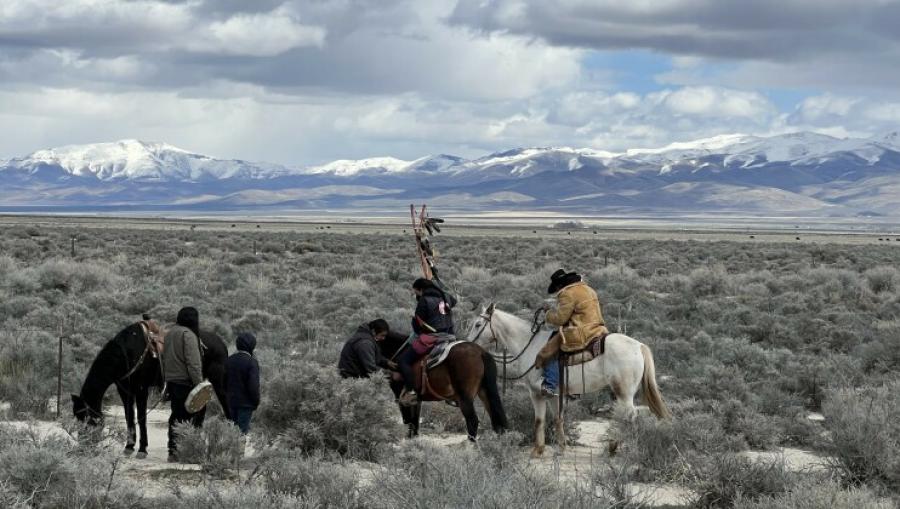
On June 5, 2020, the Mashpee Wampanoag Tribe in Massachusetts celebrated a victory in federal courts. The decision from a Washington D.C. district court stated that a 2018 decision by the U.S. Department of Interior that the Tribe was not “under federal jurisdiction” in 1934 for purposes of the Indian Reorganization Act was “arbitrary, capricious, an abuse of discretion, and contrary to law.”
On March 27, 2020, in the midst of responding to the COVID-19 pandemic, Mashpee Wampanoag Tribe Chairman Cedric Cromwell was informed by the Bureau of Indian Affairs that the Tribe’s reservation would be “disestablished” as ordered by the Secretary of the U.S. Department of the Interior, David Bernhardt.
The Tribe, which has occupied the same land for over 12,000 years, has faced countless challenges to sovereignty since the arrival of the Pilgrims. Actions taken by the Secretary of the U.S. Department of the Interior, David Bernhardt, marked a great step backward in the protection of tribal sovereignty and rights. “Not since the termination era of the mid-twentieth century has a Secretary taken action to disestablish a reservation,” said Mashpee Wampanoag Tribe Chairman Cedric Cromwell.
In 2018, the Trump administration initiated the process to remove the land from trust, but the 2020 order from Secretary Bernhardt removed all the reservation’s 320 acres of land from the control of the Mashpee Wampanoag Tribe.
The Tribe filed several lawsuits to counter the decisions of the Trump administration. On February 27, 2020, the federal appeals court upheld a decision that argued against the reservation being in trust.
Another lawsuit has proven more successful, with the D.C. District Court finding the opposite. To quote Judge Paul Friedman, “because the Secretary of the Interior's September 7, 2018 Record of Decision is arbitrary, capricious, an abuse of discretion, and contrary to law, the Court remands the matter to the Secretary of the Interior for a thorough reconsideration and re-evaluation of the evidence before him consistent with this Opinion, the 2014 M-Opinion, M-37209 – its standard and the evidence permitted therein – and the Department's prior decisions applying the M-Opinion's two-part test.”
The next step is for the Department of the Interior to draft a new plan for Mashpee Wampanoag land that follows the judgement made. In the meantime, the Tribe continues to ask Congress to pass the “Mashpee Wampanoag Tribe Reservation Reaffirmation Act (HR.312), which would permanently protect the Tribe’s land. Despite having bipartisan support it remains stuck in the Senate.
“While we are pleased with the court’s findings,” Cromwell said in a recent statement, “our work is not done… We will continue to work with the Department of the Interior—and fight them if necessary—to ensure our land remains in trust.”



